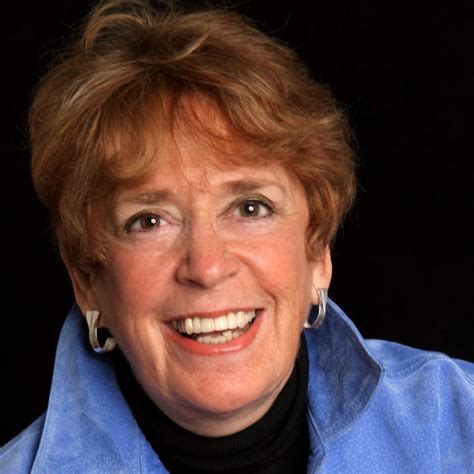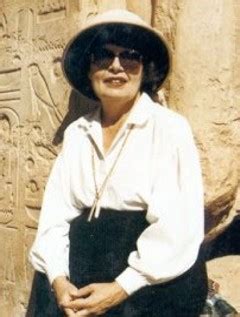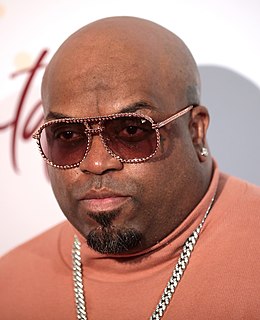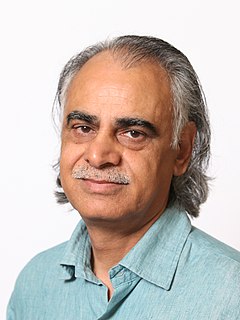A Quote by John Zerzan
If we once and for so long lived in balance with nature and each other, we should be able to do so again. The catastrophe that's overtaking us has deep roots, but our previous state of natural anarchy reaches much further into our shared history .
Related Quotes
Our sense of the full range of human nature, like our diet, has been steadily reduced. No matter how nourishing it might be, anything wild gets pulled - though as we'll see, some of the weeds growing in us have roots reaching deep into our shared past. Pull them if you want, but they'll just keep coming back again and again.
Each new year is a surprise to us. We find that we had virtually forgotten the note of each bird, and when we hear it again, it is remembered like a dream, reminding us of a previous state of existence. How happens it that the associations it awakens are always pleasing, never saddening, reminiscences of our sanest hours. The voice of nature is always encouraging.
As with any other great force of nature, there is both glory and danger in the stories we tell ourselves. Some are toxic and keep our problems festering. Others are tonic and bring us beyond the limitations of our previous history. To be in a life of our own definition, we must be able to discover which stories we are following and determine which ones help us grow the most interesting possibilities.
Everything has happened before - not once, but over and over again. We may not be able to solve our problems through what are pompously called "the lessons of history," but at least we should be able to recognize the issues and perhaps avoid some of the solutions that have failed in the past. And we can take heart in our own dilemma by realizing that other people in other times have survived worse.
If each of us can learn to relate to each other more out of compassion, with a sense of connection to each other and a deep recognition of our common humanity, and more important, to teach this to our children, I believe that this can go a long way in reducing many of the conflicts and problems that we see today.
One of the fundamental demonstrations of our natural instinct to Bond with each other is a will to give. Rather than domination, our most basic urge is to reach out to another human being, even at a cost to ourselves. Giving to others-the urge to empathize, to be compassionate, and to help others altruistically-is not the exception to the rule, but our natural state of being. Our impulse to connect with each other has developed an automatic desire to do for others, even at personal cost. Altruism comes naturally to us. It is selfishness that is culturally conditioned and a sign of pathology.
No other life forms know they are alive, and neither do they know they will die. This is our curse alone. Without this hex upon our heads, we would never have withdrawn as far as we have from the natural—so far and for such a time that it is a relief to say what we have been trying with our all not to say: We have long since been denizens of the natural world. Everywhere around us are natural habitats, but within us is the shiver of startling and dreadful things. Simply put: We are not from here. If we vanished tomorrow, no organism on this planet would miss us. Nothing in nature needs us.








































